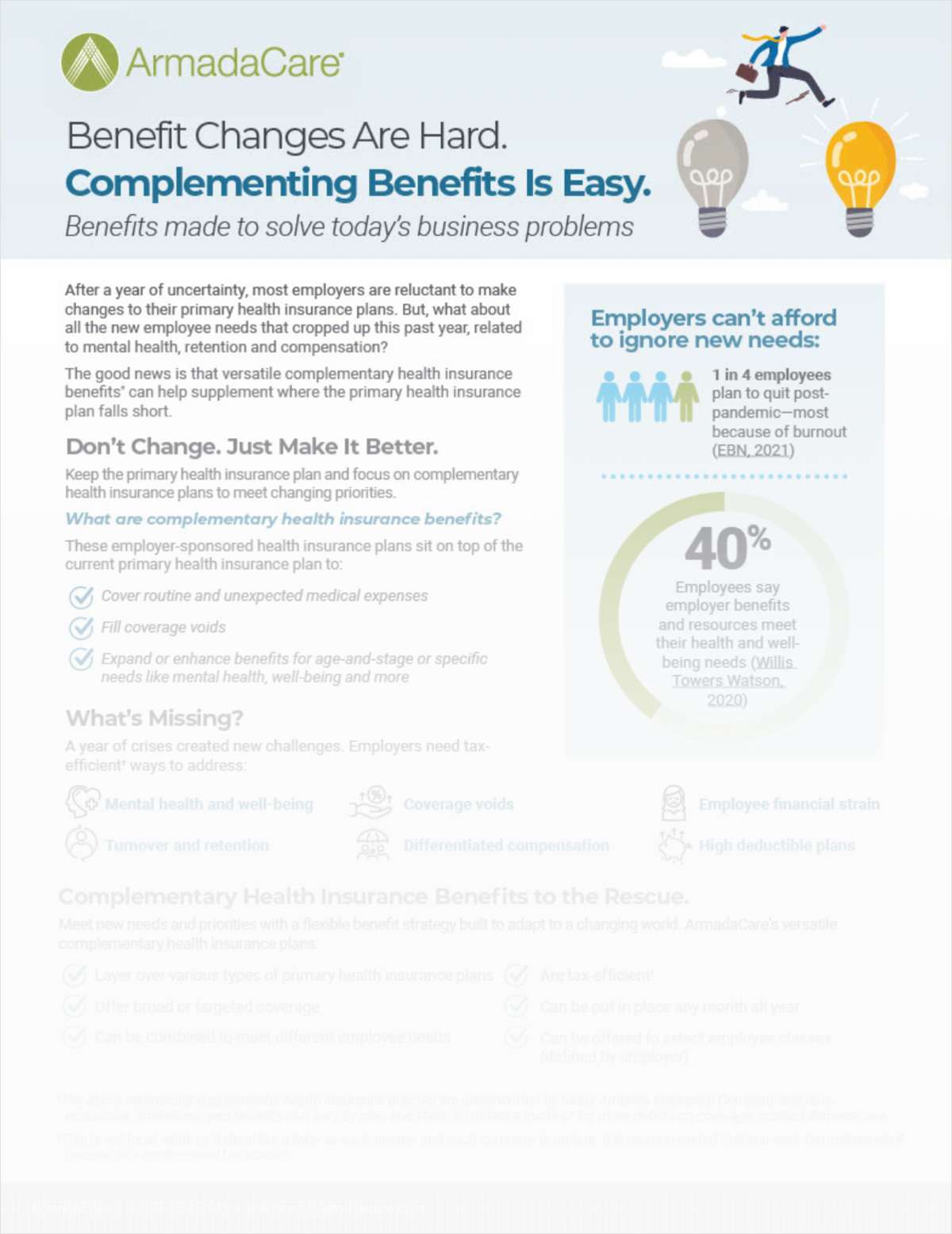(Bloomberg View) -- Kentucky just volunteered to be a national political experiment, and it can't help but be an edifying one for the whole country.
Ever since the 2010 passage of the Patient Protection and Affordable Care Act, Republicans have worked to sabotage the law and have done their best Yosemite Sam imitations to show the folks back home how furious they are at that varmint Barack Obama who signed it.
Democrats have operated on the theory that Sam's six-shooter fires only blanks.
If offered a genuine opportunity to repeal health insurance coverage for millions of Americans, would Republicans go through with it?
The election of Matt Bevin as governor of Kentucky ought to settle the question.
Bevin is a Tea Party guy who challenged Republican Senator Mitch McConnell in 2014 with familiar complaints about big government and big Obama. McConnell beat back the upstart, but Bevin ran for governor and won this week.
Kentucky happens to be the perfect test case for PPACA. Other states with Republican governors have expanded Medicaid to cover the uninsured.
But under Democratic Governor Steve Beshear, Kentucky's state insurance exchange has been a national model, and through the combination of the exchange and Medicaid expansion funded by the law, Kentucky has cut its uninsured rate in half.
The progress, however, was enabled by executive order, not legislation, and it can be unraveled similarly.
Though he previously vowed to do away with all remnants of PPACA, Bevin appeared to soften near Election Day.
Like McConnell, who during his 2014 campaign said he would do away with Obamacare "root and branch" but somehow keep Kynect, the state health-insurance exchange that is Obamacare's local outpost, Bevin got squirrelly.
He said he'd end the state exchange and scale back Medicaid without beneficiaries being "kicked to the curb."
The generic Republican position on health insurance in recent years has been a spectacular muddle, and the confusion worked its way into the electorate. In a 2014 poll, a majority of Kentuckians opposed PPACA while a small plurality in the same poll held a favorable view of Kynect.
Voters either didn't understand Obamacare's paternity of Kynect or simply leaped at an opportunity to oppose anything beginning with "Obama." Meanwhile, GOP rhetoric has clearly implied that the nation can end a heavily subsidized program enabling 16 million to obtain health insurance without adverse consequences to the beneficiaries.
Obviously, that's not true. It will now fall to Bevin, as the first Republican with the power to reverse course on a functioning state insurance exchange and a successful Medicaid expansion, to conjure some magic to make it so.
As it is, Kentucky has one of the least healthy populations in the nation. Rates of heart disease and diabetes are high, as is tobacco use. Kentucky's 5th congressional district, represented by Republican Harold Rogers, has a lower life expectancy-- 72.9 years -- than any district in the nation.
From the summer of 2013, before open enrollment in PPACA began, to August 2015, the signups for Medicaid and CHIP, federally subsidized health insurance for children, increased 87 percent in Kentucky. Altogether, an additional 530,000 of the state's 4.4 million people were covered under PPACA.
Preventive care for Medicaid recipients in the state rose sharply from 2013 to 2014, with screenings for breast cancer up 111 percent, for colorectal cancer up 108 percent, and for cervical cancer up 88 percent.
The federal dollars that flow into Kentucky to pay for all that additional health care add up.
According to a study by Deloitte Consulting LLC and the University of Louisville’s Urban Studies Institute, Medicaid expansion will add 40,000 jobs and $30 billion to Kentucky's economy through 2021, including a "net positive impact" of more than $800 million to state and local government budgets.
That may explain this e-mail from Kentucky Chamber of Commerce CEO Dave Adkisson to a reporter for the ThinkProgress web site: “We have serious questions as to the financial impact of dismantling a system that seems to be working for Kentucky,” Adkisson wrote.
Weighing against all this, against the cancer screenings and the jobs and the infusion of federal money into a poor state, is the pervasive sense that government is failing and the nation is in a rut.
Democrats are right to view Obamacare as a landmark success: In Kentucky, in particular, it is clearly achieving its goals.
Yet Democrats have also been getting clobbered in state and local races all over the country since the law passed. They are no doubt dispirited at losing yet another governor's race.
In Kentucky, Democrats are out of power and Republicans are out of excuses. Health insurance for thousands of families is now in the hands of the Republican governor-elect.
Either subsidized health insurance is here to stay, with or without the histrionics of Tea Party freedom fighters.
Or the curb is about to get crowded.
This column does not necessarily reflect the opinion of the editorial board or Bloomberg LP and its owners.
Copyright 2018 Bloomberg. All rights reserved. This material may not be published, broadcast, rewritten, or redistributed.
Complete your profile to continue reading and get FREE access to BenefitsPRO, part of your ALM digital membership.
Your access to unlimited BenefitsPRO content isn’t changing.
Once you are an ALM digital member, you’ll receive:
- Breaking benefits news and analysis, on-site and via our newsletters and custom alerts
- Educational webcasts, white papers, and ebooks from industry thought leaders
- Critical converage of the property casualty insurance and financial advisory markets on our other ALM sites, PropertyCasualty360 and ThinkAdvisor
Already have an account? Sign In Now
© 2024 ALM Global, LLC, All Rights Reserved. Request academic re-use from www.copyright.com. All other uses, submit a request to [email protected]. For more information visit Asset & Logo Licensing.








